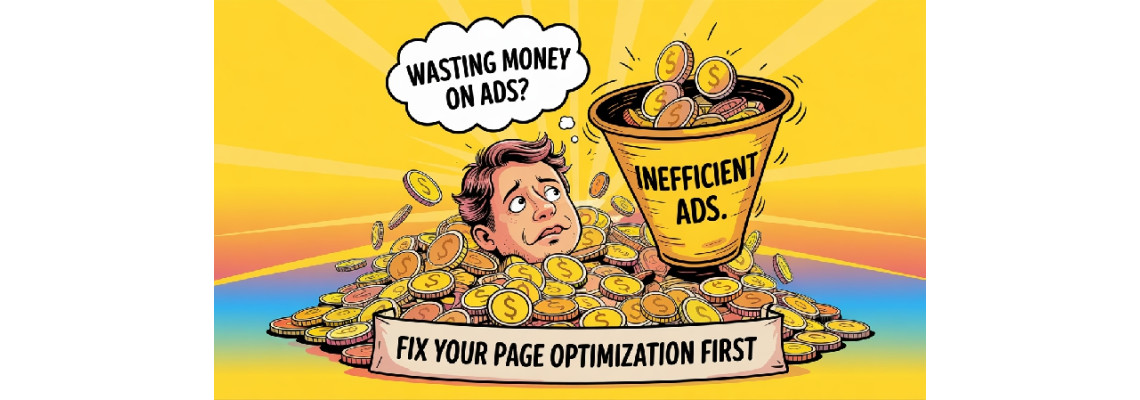
Wasting Money on Ads? Fix Your Page Optimization First
Running online ads can be powerful—but spending money on online ads with a poorly optimized page is like pouring water into a leaky bucket.
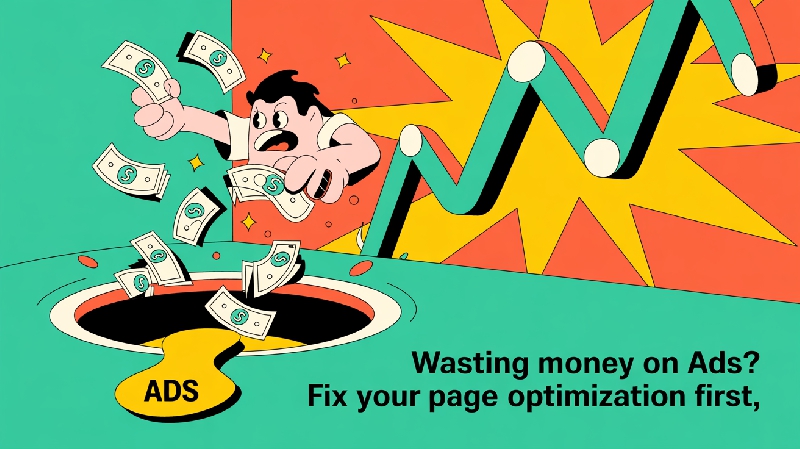
Is Your Page Ready for Ads?
In this article, we’ll break down how poor optimization undermines your ad performance, what you can do to improve your page, and how to make every advertising dollar count.
Why Page Optimization Matters Before Running Ads
Whether you're investing in Google Ads, Facebook Ads, or any PPC campaign, your landing page is the final destination—where conversions happen, trust is built, and ROI is determined.

What Happens When You Advertise a Poorly Optimized Page?
1. High Bounce Rates Kill Campaign Performance
Slow load times, confusing layouts, or outdated design send visitors away immediately—boosting your bounce rate and lowering your ad quality score.
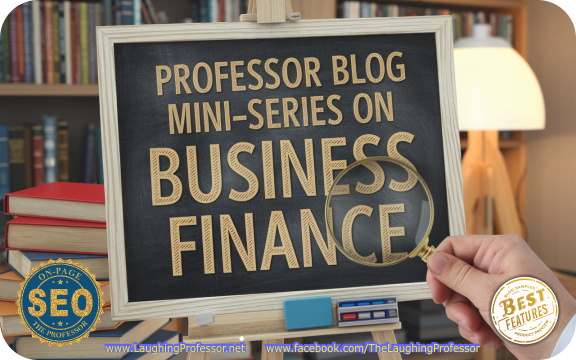
2. Low Quality Scores Drive Up Costs
Platforms like Google Ads reward relevance. A poor page experience means a lower Quality Score, which raises your cost-per-click.
3. Brand Reputation Takes a Hit
First impressions matter. A broken or unclear page erodes trust and undermines your brand message.
4. Conversion Rates Plummet
Even interested visitors won’t convert if your CTAs are hidden, your buttons broken, or your design unresponsive.
Signs Your Page Isn’t Ready for Paid Traffic
- Page load time exceeds 3 seconds
- No clear value proposition
- Not mobile-friendly
- Lacks keyword optimization
- No visible CTA above the fold
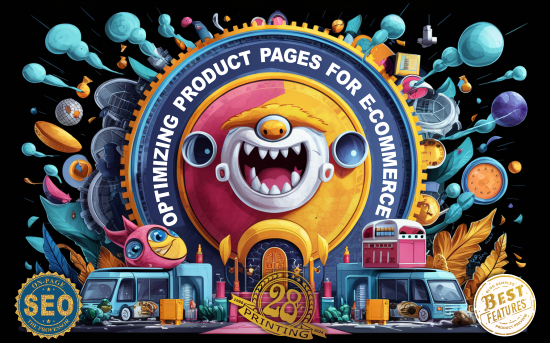
How to Optimize Before Spending on Ads
1. Improve Page Load Speed
Use tools like Google PageSpeed Insights to identify and fix slowdowns—compress images, minify scripts, and choose fast hosting.
2. Create a Clear Value Proposition
State your offer within 5 seconds so visitors instantly understand why they should stick around.
3. Use SEO Best Practices
Optimize meta tags, headings, and on-page content with your target keywords and variants.
4. Make It Mobile-First
Ensure responsive design—over 60% of web traffic comes from mobile devices.
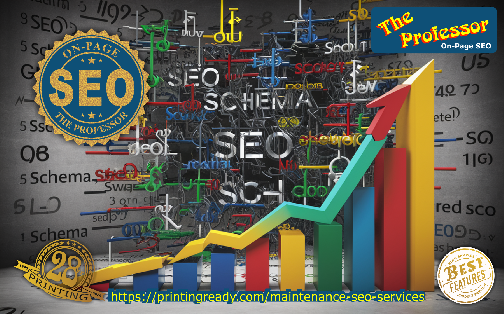
5. Include Strong CTAs
Make buttons and links clear, prominent, and action-oriented.
6. Add Trust Signals
Display testimonials, security badges, and reviews to build credibility.
Understanding Quality Score
Case Study: The $1,000 Mistake
A small e-commerce store spent $1,000 on Facebook ads for an unoptimized product page:
- Bounce Rate: 86%
- Page Load Time: 6.2 seconds
- Conversions: 2 sales ($80)
- ROI: -$920
After optimization, the same spend yielded:
- Bounce Rate: 34%
- Page Load Time: 1.8 seconds
- Conversions: 15 sales ($600)
- ROI turned positive by month two
Lesson: Optimization before advertising saves money and amplifies results.
Bonus Tips to Increase Ad ROI
- A/B Testing: Experiment with headlines and CTAs to find top performers.
- Heatmaps: Use tools like Hotjar to see how users interact with your content.
- Retargeting: Bring back visitors who didn’t convert with remarketing ads.
Conclusion: Make Your Page Worth Every Click
Advertising only pays when your site is ready. Audit and optimize your landing pages before investing in ads—your budget, metrics, and brand will thank you.
Action Step: Run a free page audit now. Fix what’s broken. Then go big on ads.
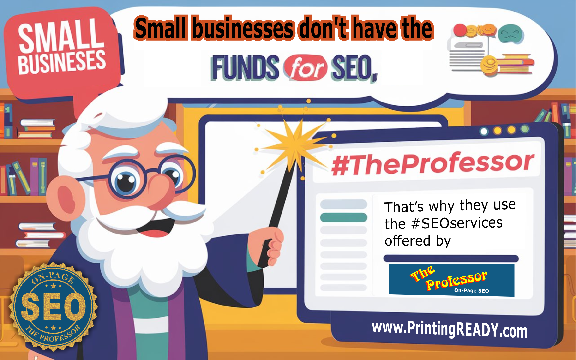

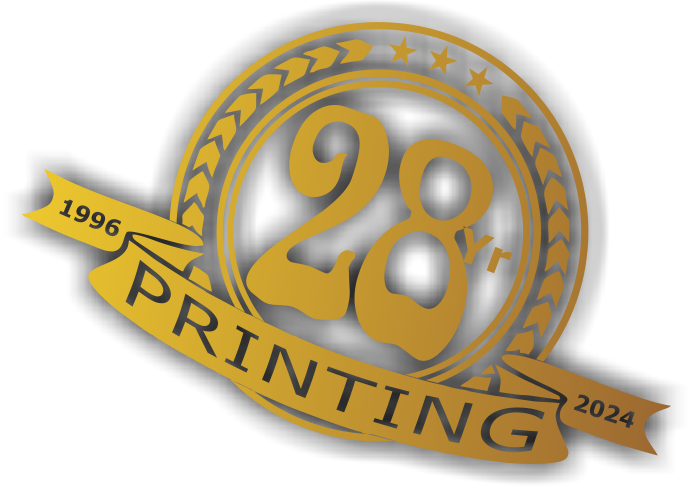 30 years of #TheProfessor
30 years of #TheProfessor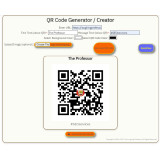
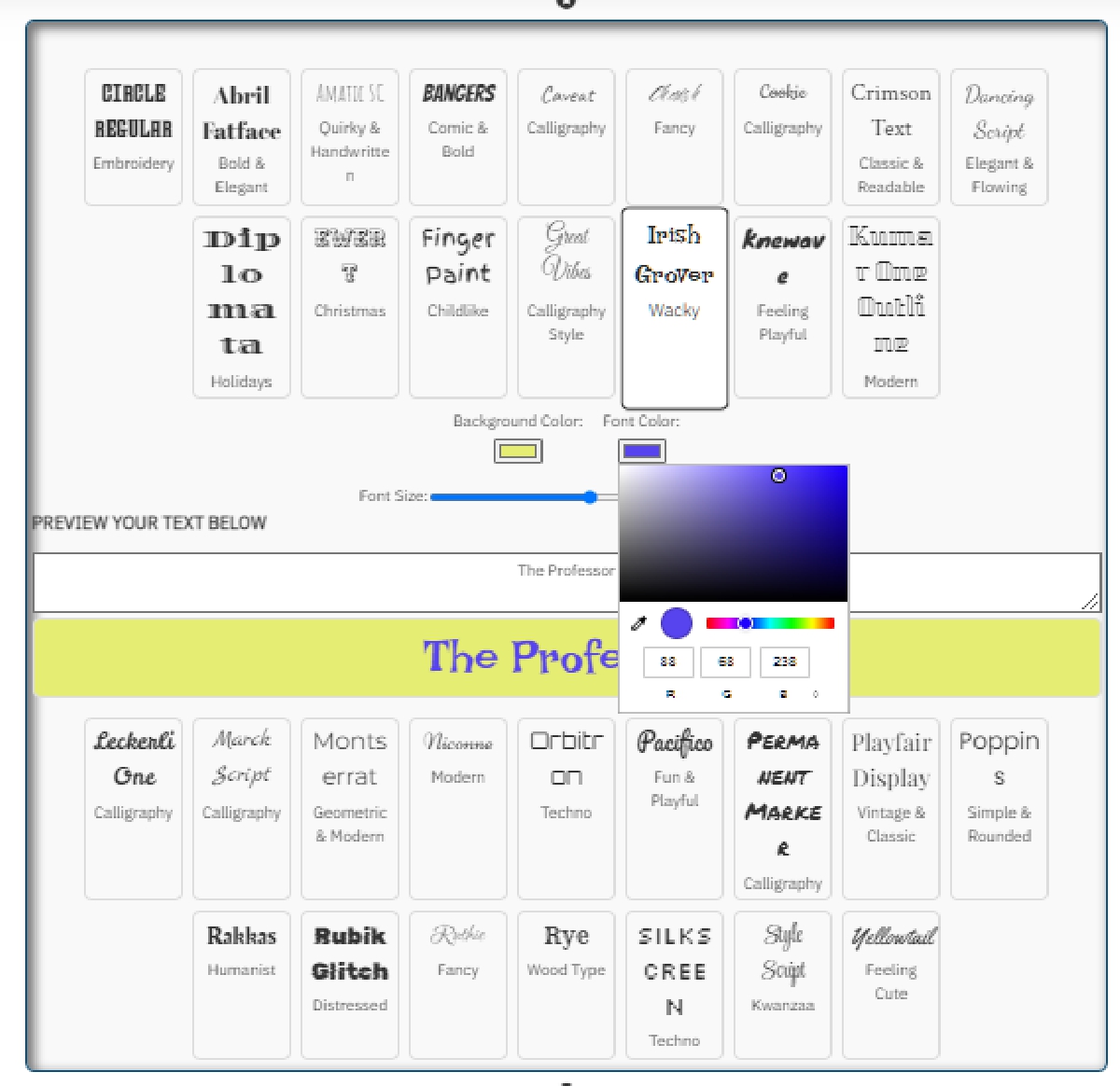
 12% rewards for affiliate members
12% rewards for affiliate members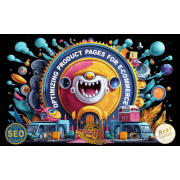
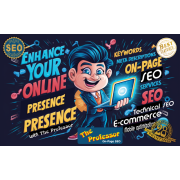
Leave a Comment